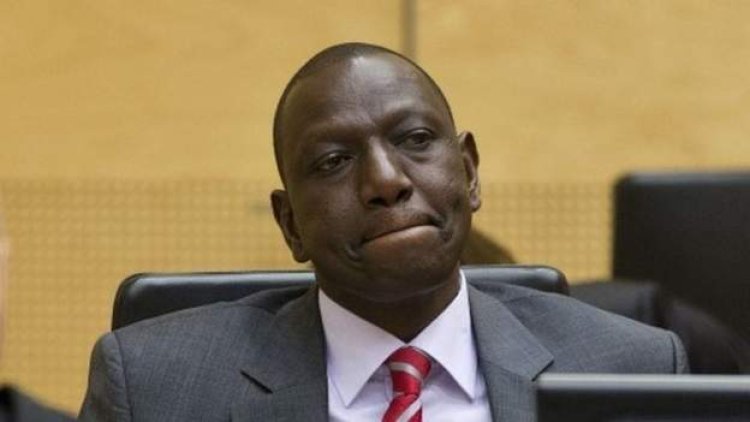Why the ICC case against William Ruto collapsed
The court ultimately dismissed the case, ruling that there was not enough evidence to proceed with the trial, but it declined to exonerate Mr. Ruto.

William Ruto was accused of planning crimes against humanity by the International Criminal Court in reaction to the unrest that followed the disputed presidential election of 2007. (ICC)
Murder, expulsion, and persecution were charged against Mr. Ruto, all of which he denied. He was reported to have been instrumental in organizing and directing a campaign of systematic assaults against Party of National Unity followers across the Rift Valley.
According to the prosecution, several witnesses were slain, vanished, or withdrew their testimony throughout the trial.
The prosecution's witnesses, according to the defense attorneys, were instructed and offered financial incentives to testify.
The court ultimately dismissed the case, ruling that there was not enough evidence to proceed with the trial, but it declined to exonerate Mr. Ruto.
In a divided decision, one judge ruled that the case should have been dismissed due to "troubling instances of witness manipulation and outrageous political influence."
The ICC judges stated that if new evidence is discovered, the case may be reopened.
There is a twist in this story, though.
It would be uncharted territory for the court to file new charges against Mr. Ruto because his former defense attorney, Karim Khan QC, is now the ICC's prosecutor. This would present challenges for both the ICC and Mr. Ruto.

 Boakyewaa Lawrencia
Boakyewaa Lawrencia 



































